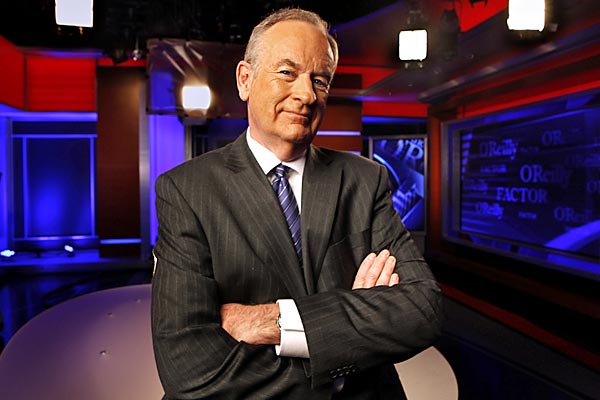
“The criminal black man is an ethnic stereotype in the United States, the United Kingdom, and other countries according to which black males are expected to be criminal and dangerous.”
I don’t want to have a conversation with Bill O’Reilly, or anybody else for that matter, about “black on black crime.” Not unless we can have a serious conversation about “white on white crime”. Or “Asian on Asian crime”, “Latino on Latino crime”. Hell, let’s talk about “Native American on Native American” crime.
Sounds ridiculous, doesn’t it?
Of course any crime committed by one person against the other should be met with justice, fair and swift. Especially when it concerns a loss of life.
But let’s be real Bill. The idea that there is something degeneratively defective about the black race and its culture that causes it to prey on its own like no other race is — at best– science fiction.
The terminology “black on black crime” is a code to encourage public policies that treat black people as malignant cancers on the society-at-large. Explaining the tragedies and criminality that befall some black enclaves in this country as exclusive only to those enclaves is not only wrong, its dangerous.
At this juncture in our history — a history that now includes the dismantling of a key component of the Voting Rights Act — its become imperative that we cease and desist in using the separatist term. That includes black people too, particularly our politicians.
And after all, Isn’t this really about proximity? There’s a reason why the majority of white victims of crime are victimized by other whites. Does Mr. O’Reilly see this as an endemic to white communities? Does he want to have a real discourse on the prevalence of white on white crime in the suburbs, in trailer parks or on Park Avenue?
Still sounds ridiculous doesn’t it?
As I mentioned earlier, criminality is a scourge on all of society as whole. No particular race, creed or culture is any more prone to criminal behaviour than another. We are all surrounded by an actively violent society that needs to be rectified with intelligent, open and honest reflection and actions.
I believe that O’Reilly is conscientiously aware of this. whether he’s really ready to have a conscientious discussion about it — well, that’s another story altogether.








